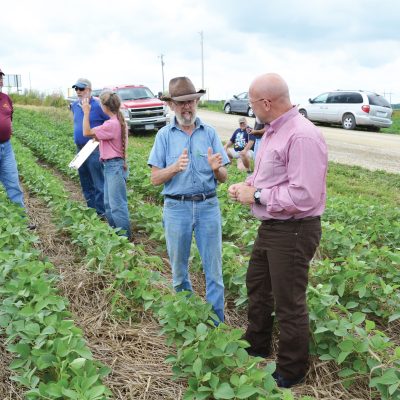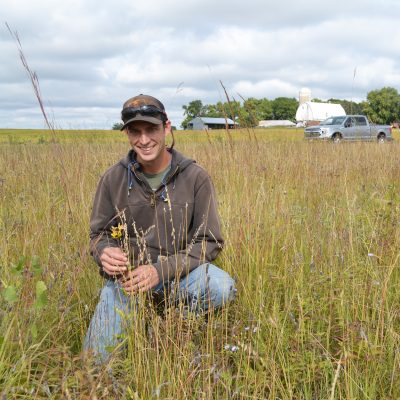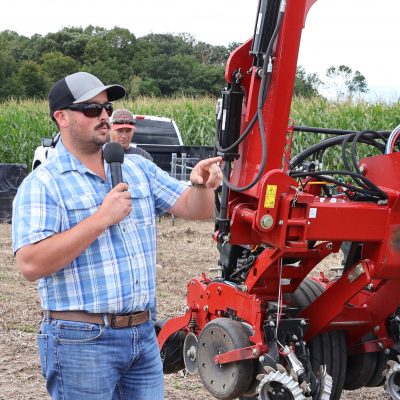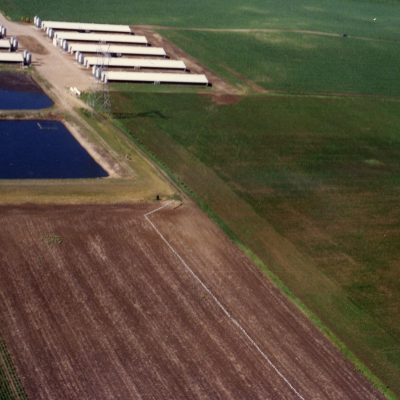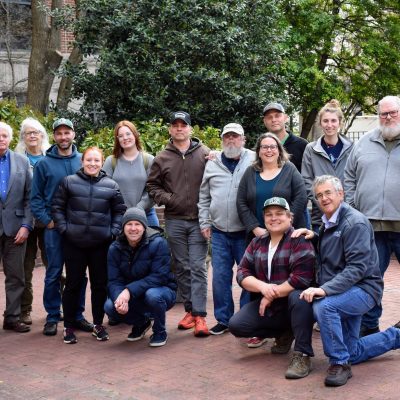Make Your Voice Heard at Upcoming NRCS-SWCD Meetings
Help determine what your local conservation programs prioritize by sharing your story.
Citizens, community members, landowners — do you have local natural resource concerns? Do you want to share your ideas, voice your opinions, or ask questions about how your local conservation programs are addressing these issues? Your local offices of the USDA Natural Resources Conservation Service (NRCS) and Soil and Water Conservation District (SWCD) want to… Read More →
